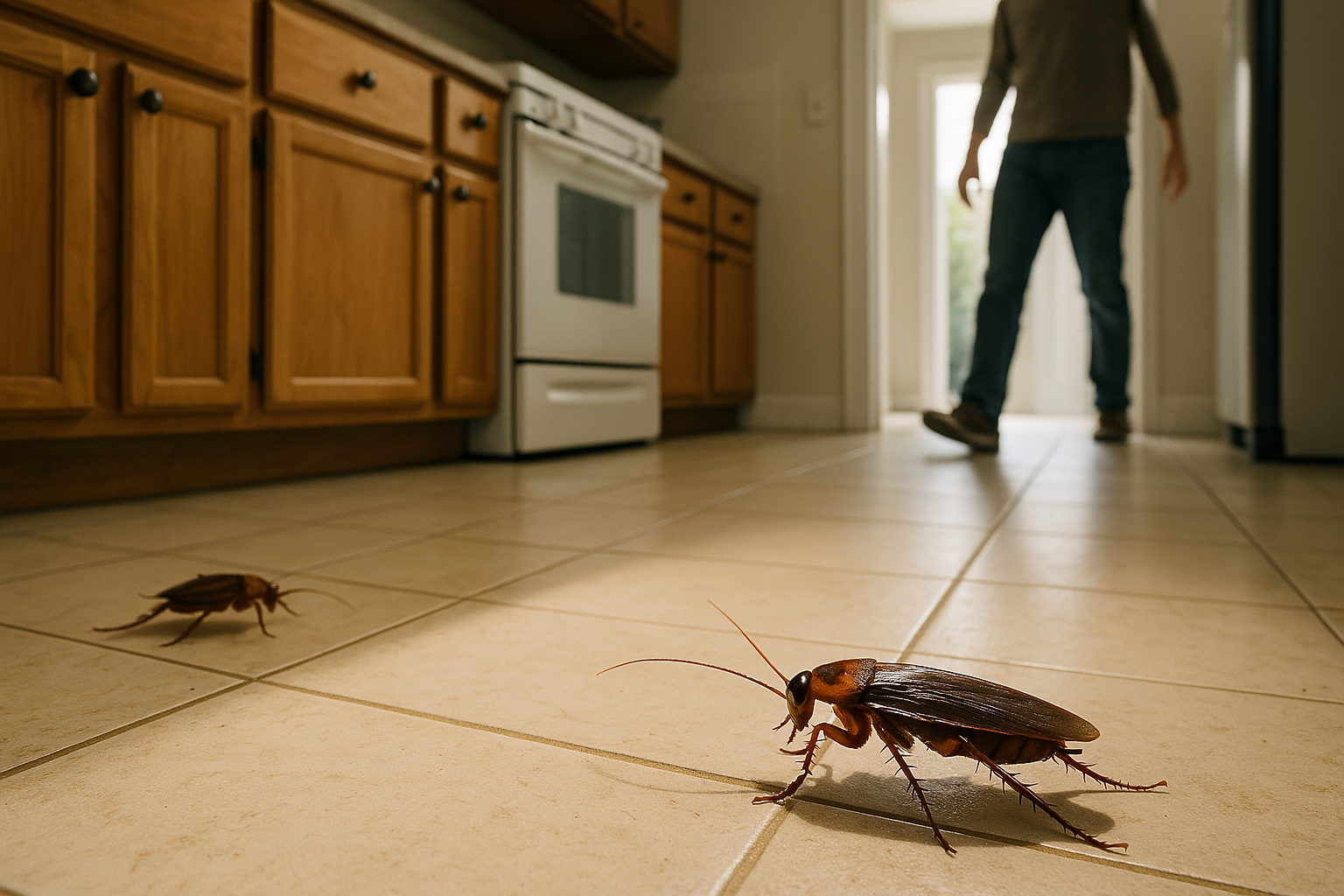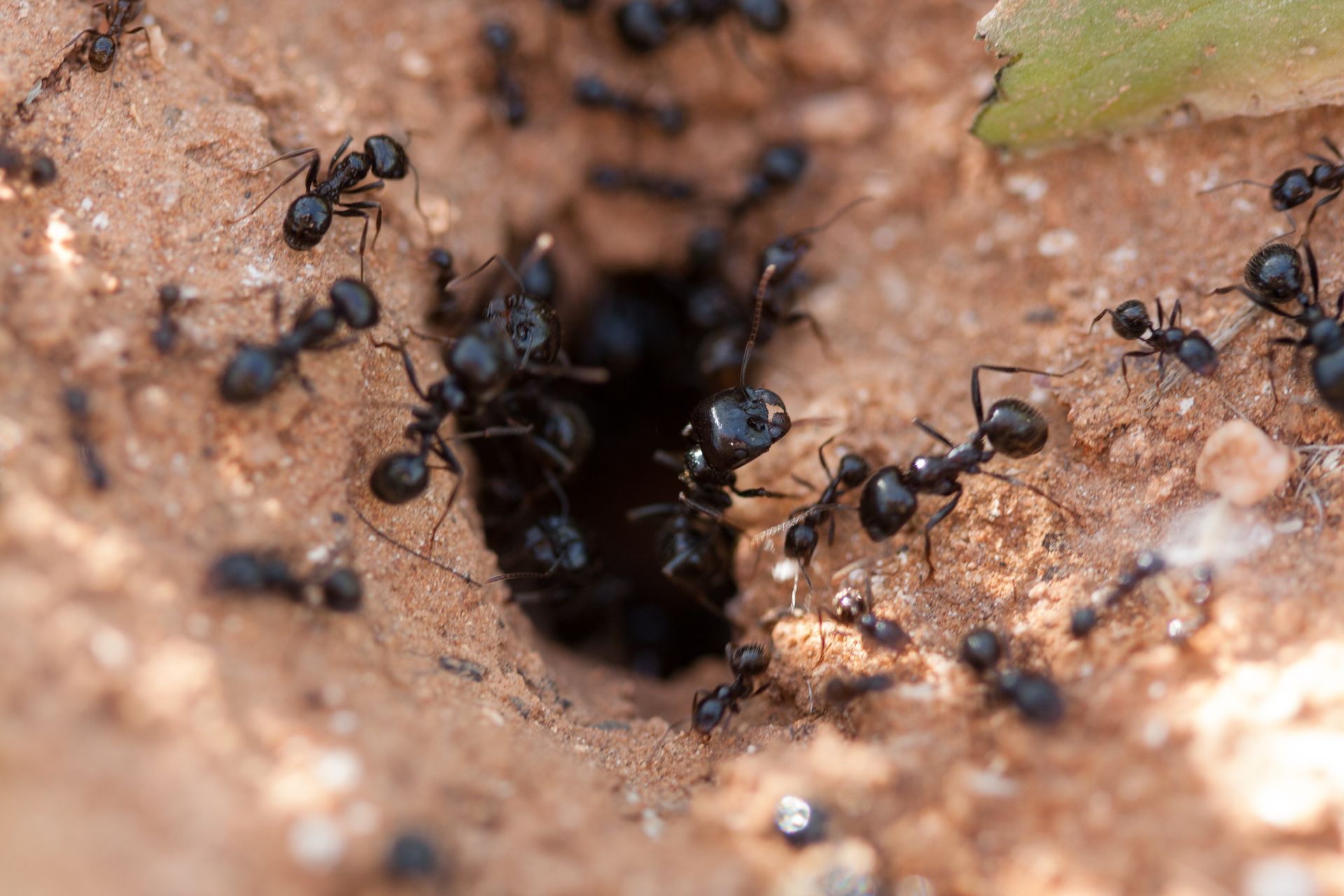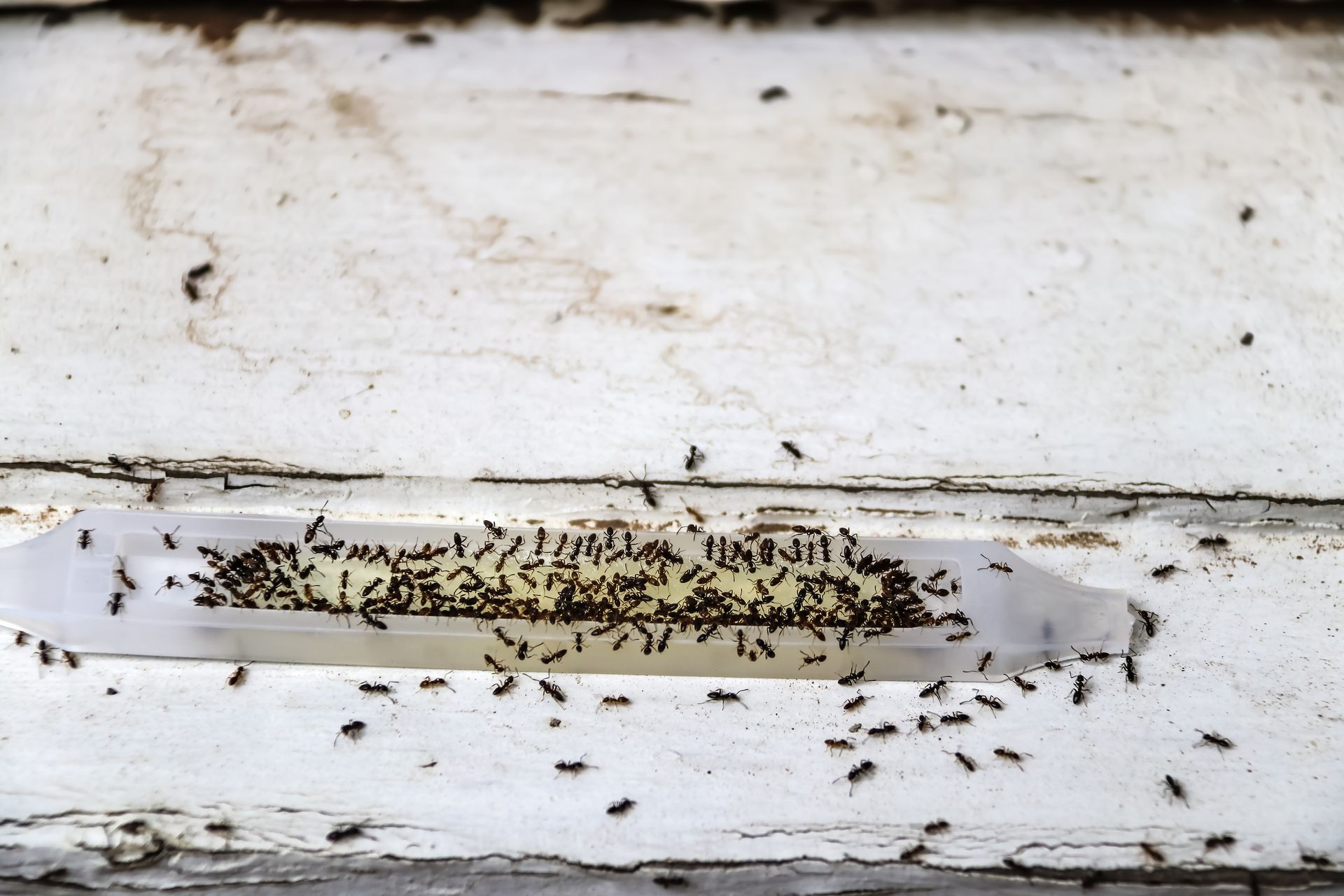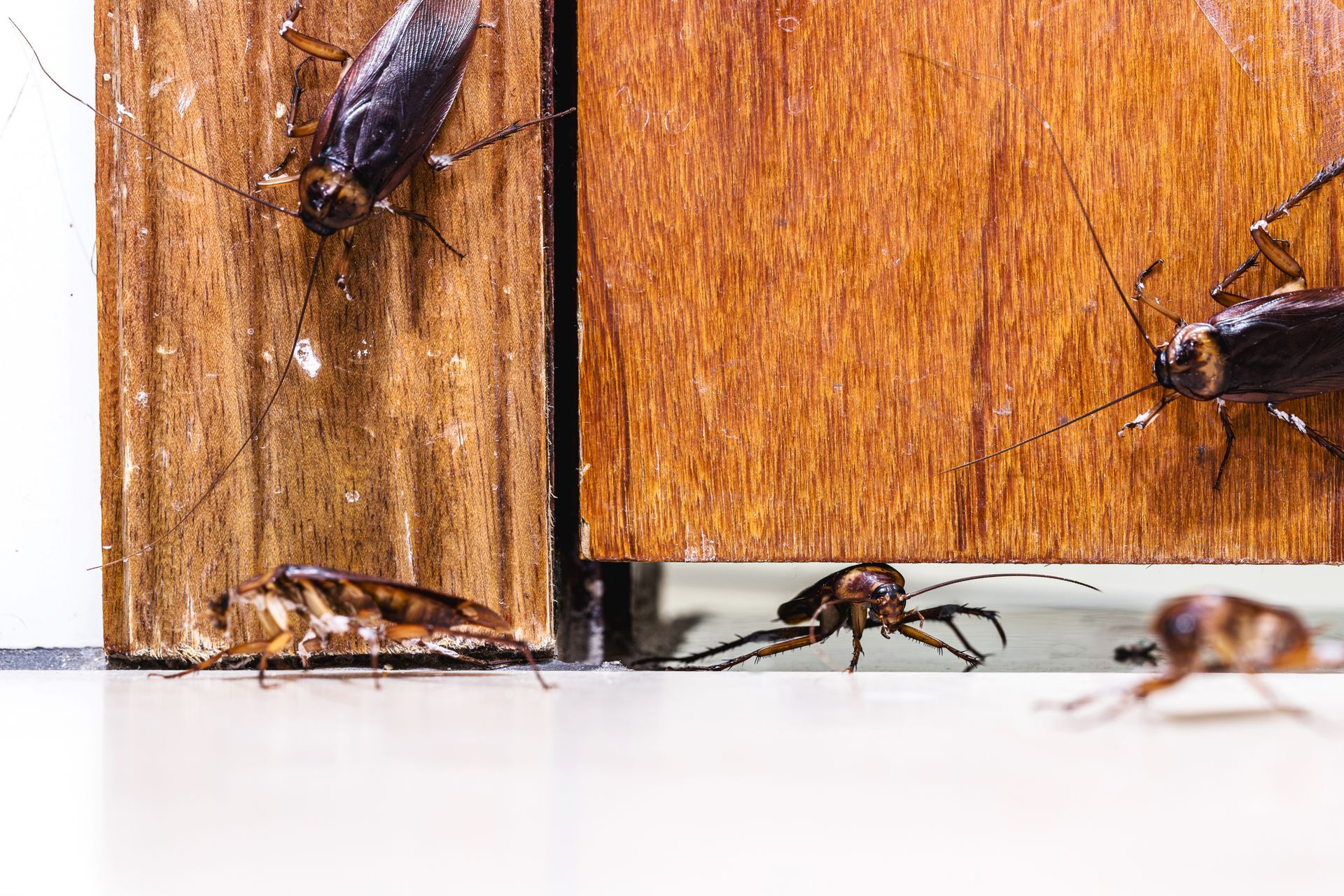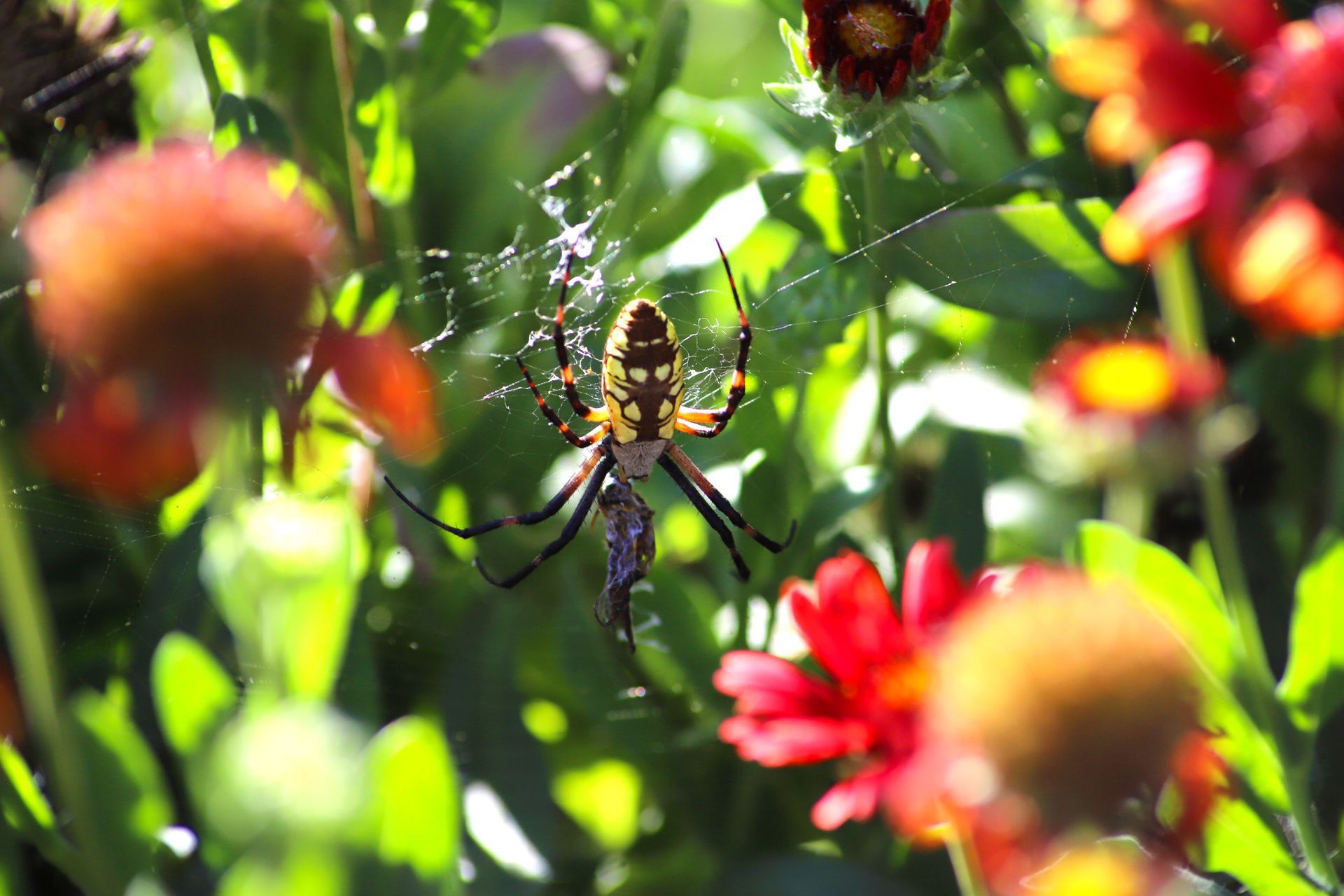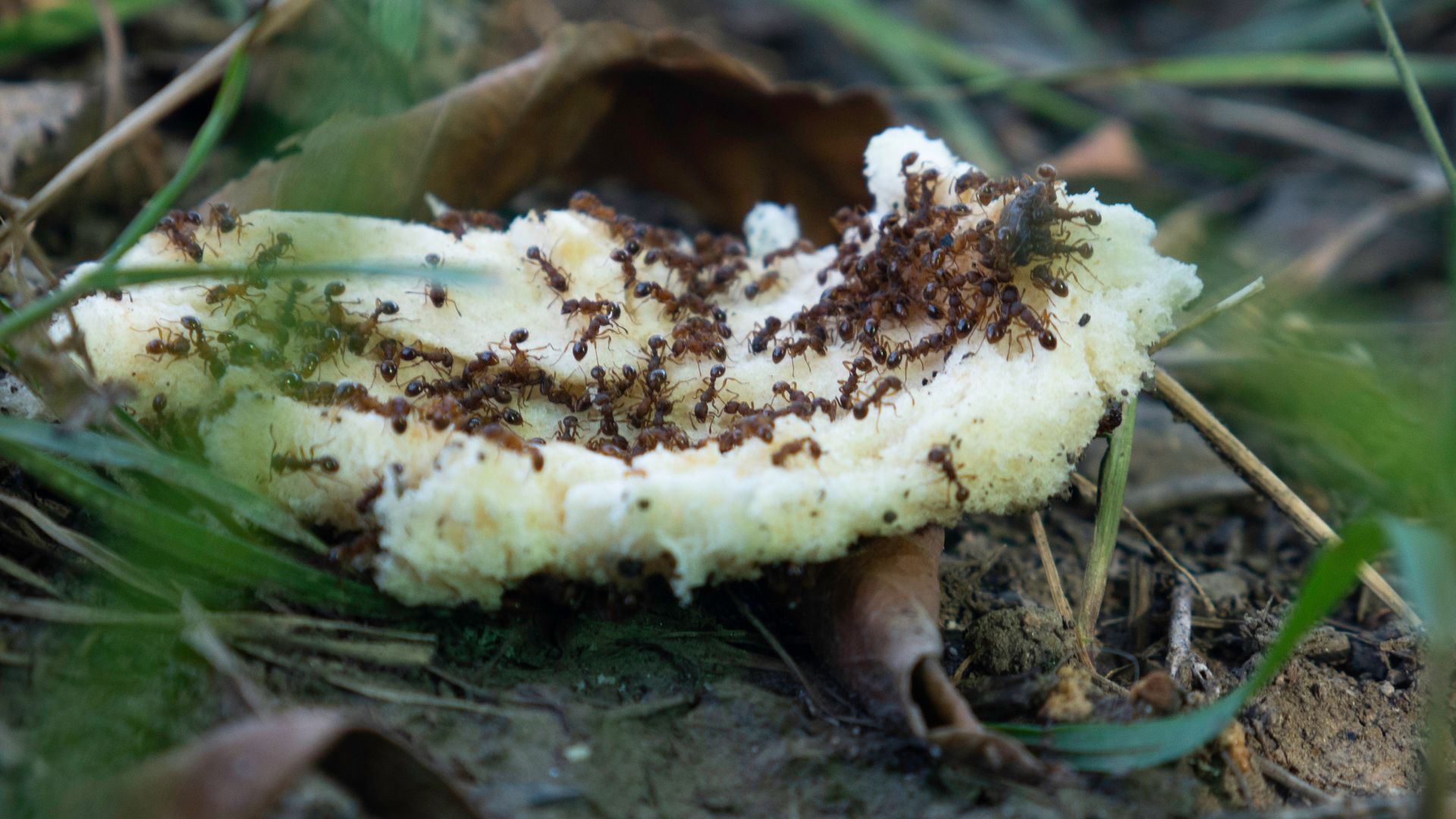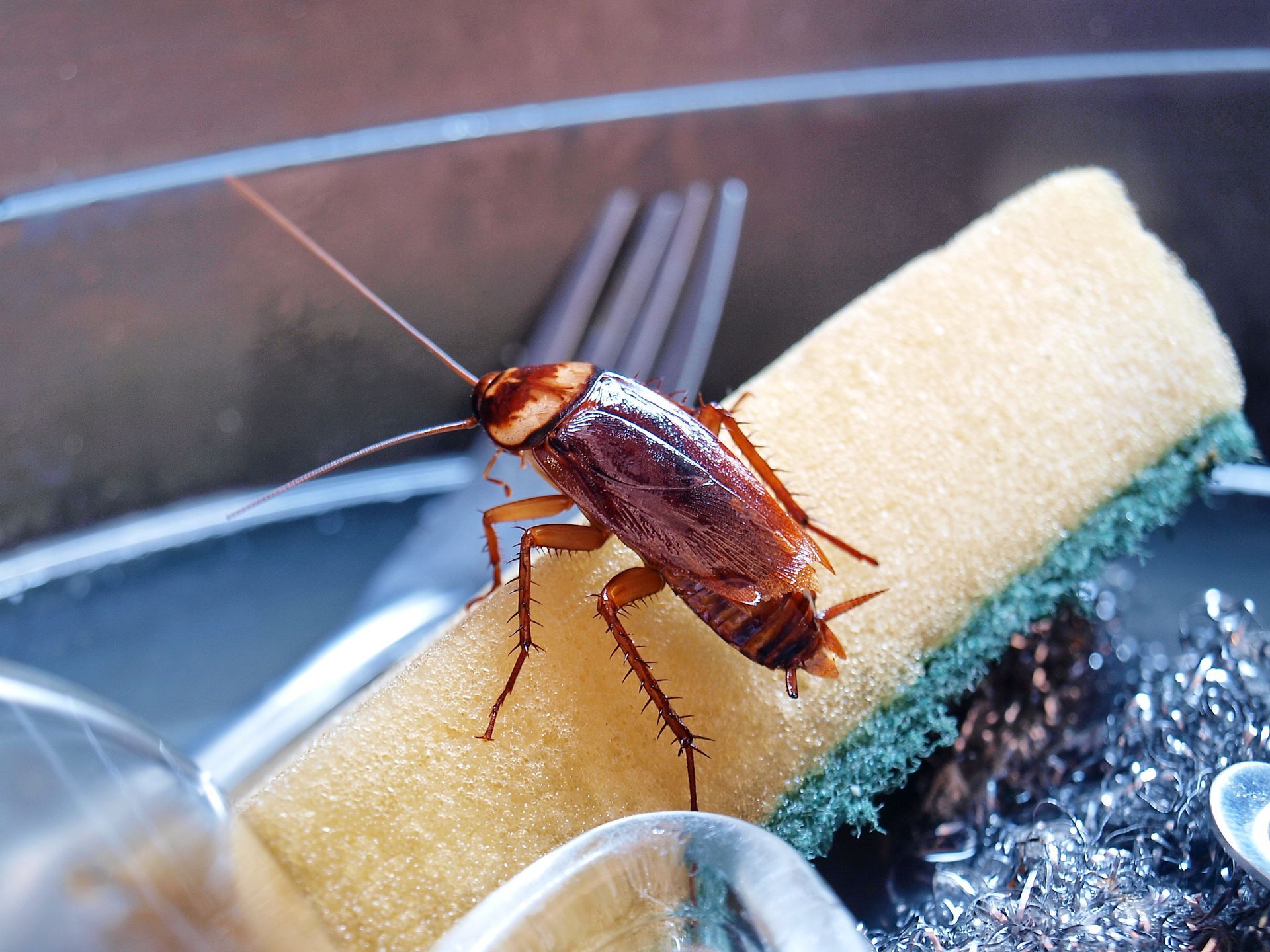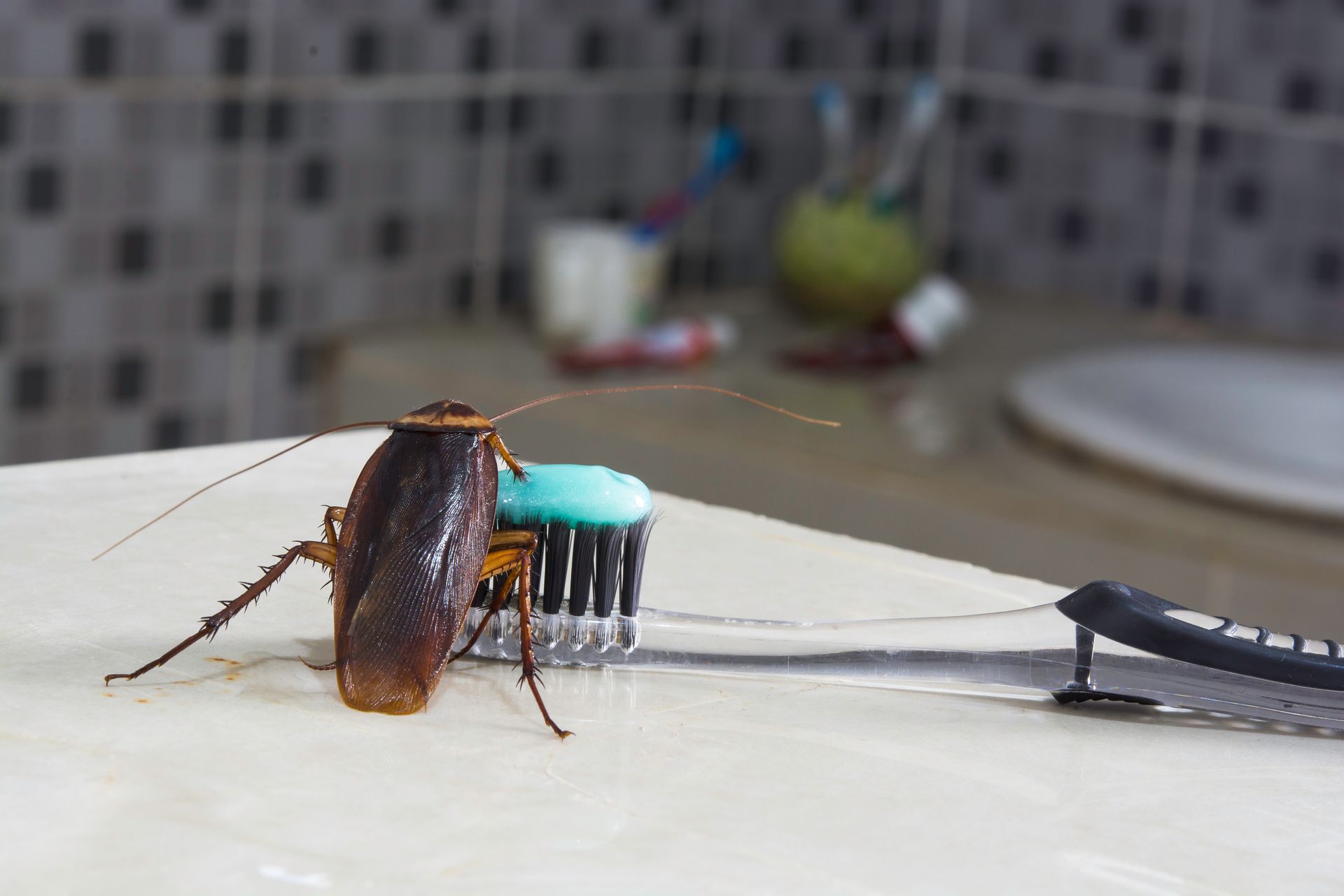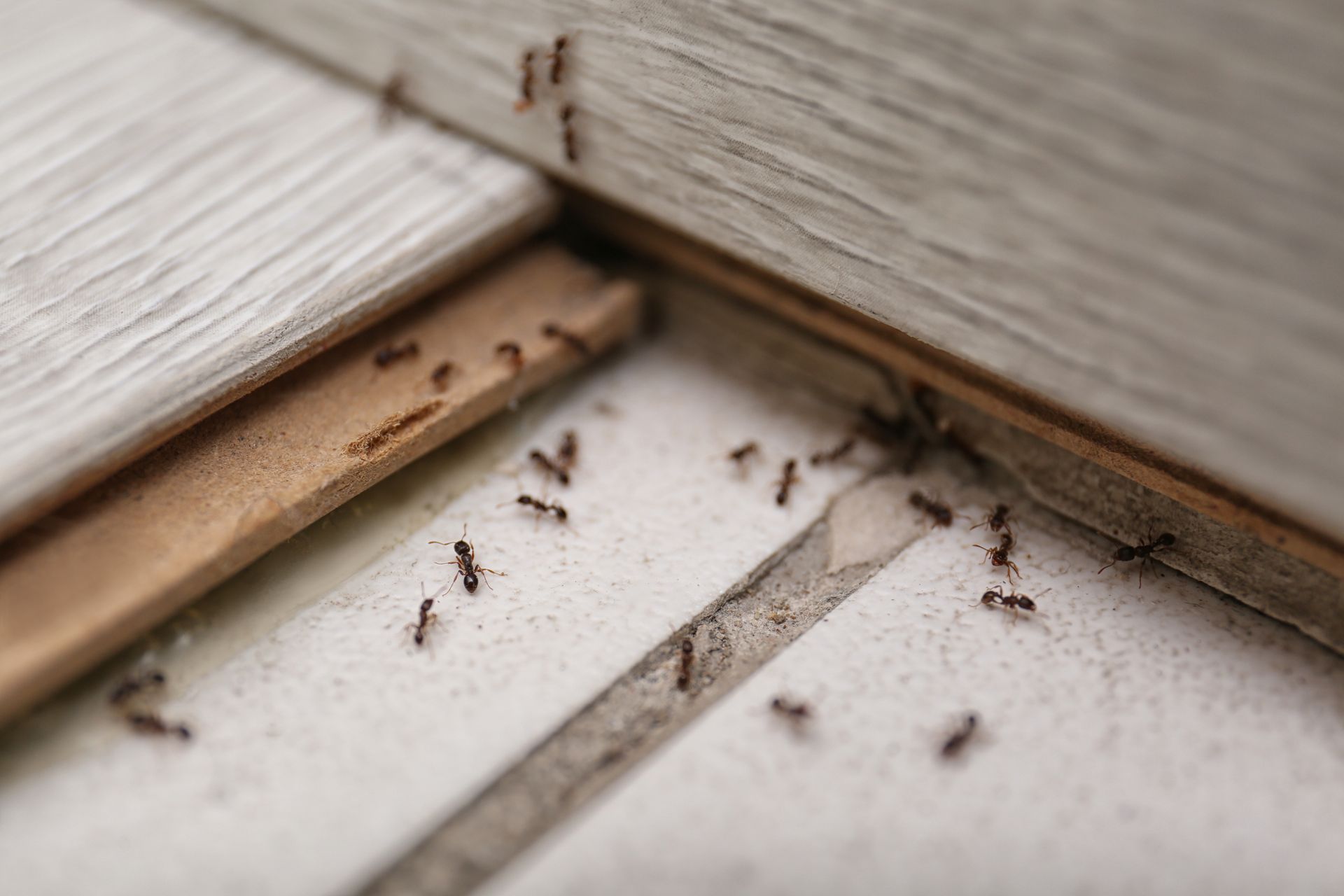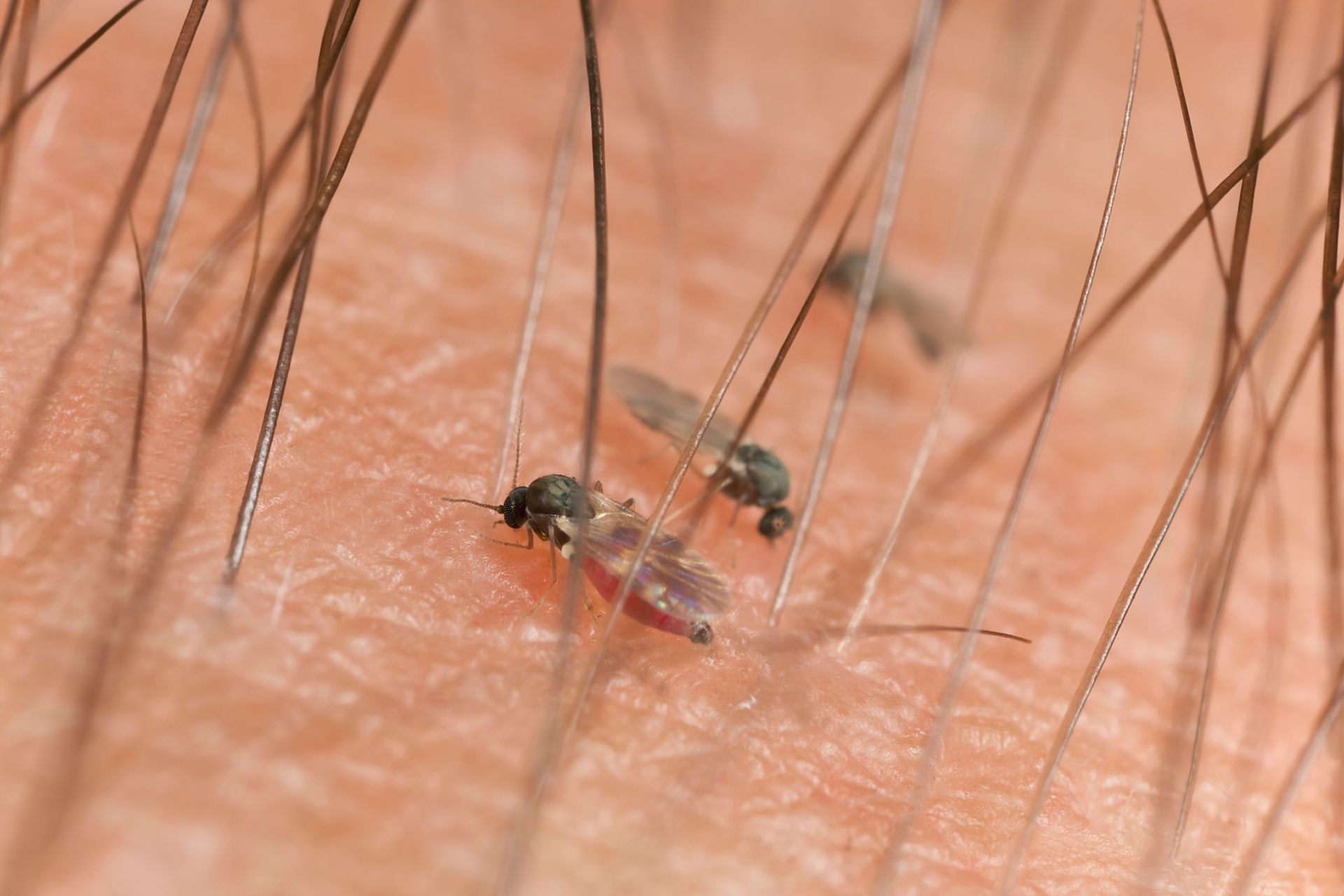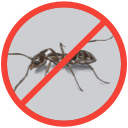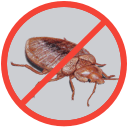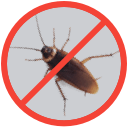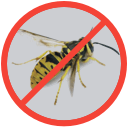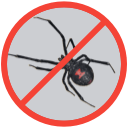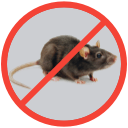Do Cockroaches Bite?
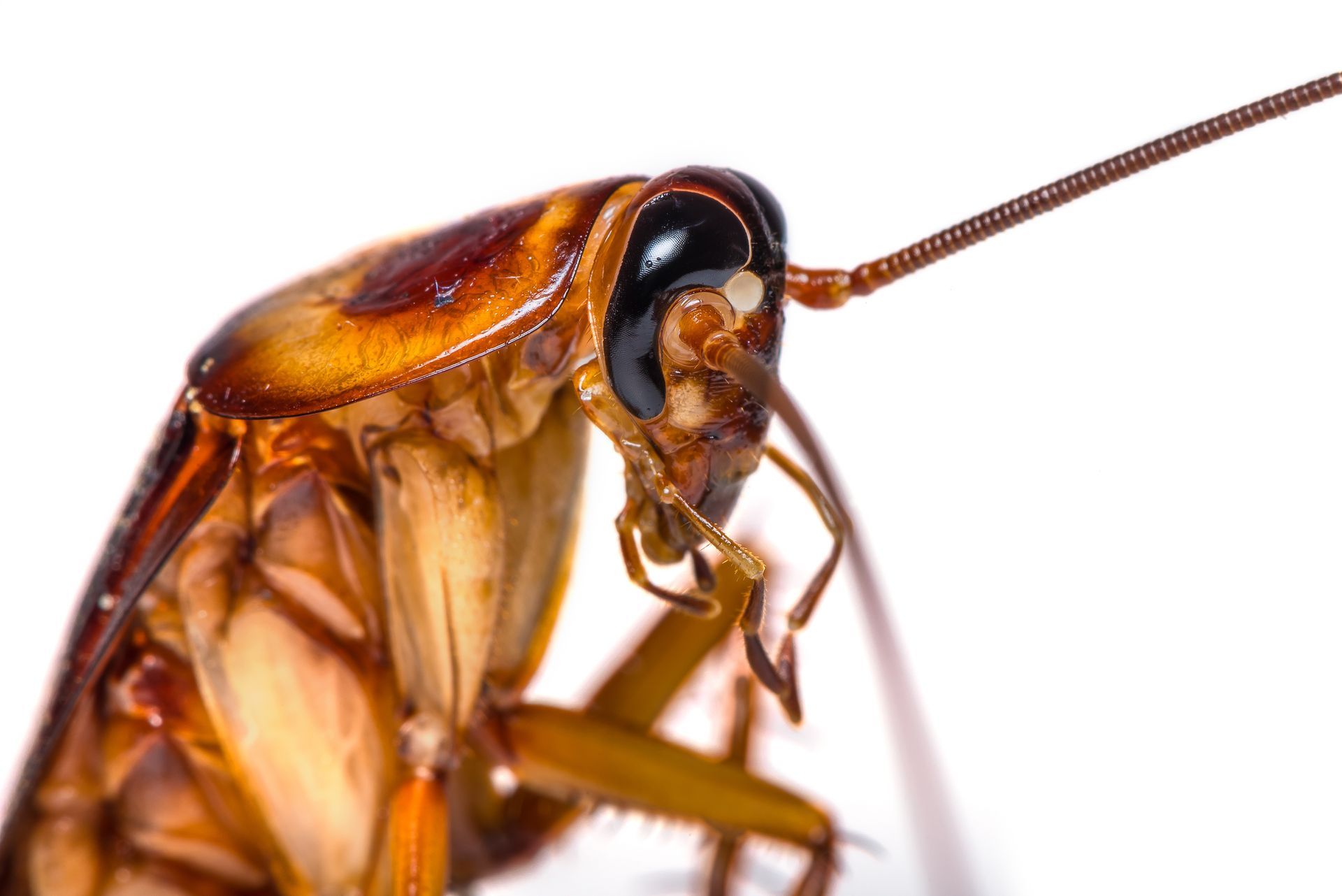
Did something bite you in the middle of the night? Bug bites are often from mosquitos, house spiders, fleas, or bed bugs. Rarely do cockroaches bite humans, but if you’ve only seen cockroaches around your property, then you might be a little worried they were the culprit. Few insects gross us out more than cockroaches, and the thought of one crawling into your bed at night and biting you can be a little disturbing.
Do Cockroaches Bite Humans?
Cockroaches almost never bite humans. In fact, cockroach bites are so rare that you could reasonably say they don’t happen at all. 99.99% of the human population will most likely live full lives without ever getting bitten by a cockroach.
The few reasons why cockroaches don’t bite humans include:
- Their Mouths Aren’t Strong Enough: The mouth of a cockroach isn’t strong enough to pierce human skin. Most cases of cockroaches biting are anecdotal and haven’t been verified. Cockroaches just aren’t capable of delivering a bite that’ll do any damage to a human. Most people fear cockroaches because they are dirty and carry diseases but not because they bite.
- They Don’t Feed on Humans Directly: Cockroaches are a type of insect that won't bite or feed on human blood like mosquitoes, bed bugs, and other biting insects do. However, they have an omnivorous diet which means they eat most organic materials. While cockroaches have a sweet tooth and love starches, grease, and meat, they won't hesitate to munch on hair, dead skin, and paper if given the opportunity. Interestingly, cockroaches prefer to consume shed skin and hair rather than coming into direct contact with humans.
- They’re Afraid of Humans: Cockroaches are terrified of humans and try to avoid us at all costs. Cockroaches try to stay as far away from us as they can, and they usually wait until we’re sleeping at night to venture through our home to look for food. Most people find cockroaches on accident, when they get up late at night to fetch a midnight snack or when they’re cleaning neglected areas of the house. In fact, so much of our fear of cockroaches comes from finding them unexpectedly. Cockroaches are likely just as disturbed about encountering us as we are of them.
Why Do Cockroaches Bite?
There are two possible scenarios when cockroaches might try to bite humans:
- Severe Infestations: During a serious cockroach infestation, the population may become very big and food becomes scarce. In such a scenario, a starving cockroach might try to bite a human out of desperation. However, a situation like this would be extremely rare.
- Trying to Eat Something on You: A cockroach could bite you accidentally when it’s trying to eat something that’s on you, like a scrap of food that’s smeared on your fingertips. Once again, this would most likely happen during an infestation when food is very scarce. Cockroaches do their best to avoid humans and would only come close when desperate for food.
When Do Cockroaches Bite?
You’re most likely to get a cockroach bite in the night.
Cockroaches are nocturnal insects, so they’ll roam your house at night looking for food. They won’t seek out humans, but they might be less fearful about getting close to you because it’s dark and you’re asleep. It’s possible they could bite you out of curiosity or in trying to eat something on your skin (perhaps another insect, dead skin, or food scraps). It’s probably best to avoid eating in your bed!
Where Do Cockroaches Bite?
You’ll probably get a cockroach bite on one of these body parts:
- Face
- Mouth
- Fingers
- Hands
- Nails
- Hair
These areas are more likely to accumulate food residue and attract starving cockroaches. You can keep roaches and other insects at bay by practicing good hygiene and taking a shower before you go to bed.
Do Cockroach Bites Hurt?
In the rare instance that a cockroach bites you, the pain may vary from just a pinching sensation to a sharp pain. The pain shouldn’t last for more than a few seconds, and most people might not feel any pain at all. After all, cockroaches don’t have mouths that are built for penetrating humans.
The pain will be much worse if the cockroach bite gets infected. Below, we’ll discuss how to treat cockroach bites so you can avoid that happening.
What Do Roach Bites Look Like?
Cockroach bites are so rare that there’s no (substantiated) photographs of what a bite looks like. We can speculate as to what they might look like by comparing a cockroach’s mouth parts with other biting insects.
The bites might look like little red welts, similar to a mosquito bite or bed bug bite, and the bite marks would only be 1-4 millimeters long. Cockroaches can’t pierce human skin, so they’d likely only gnaw at the top layers of skin. Your skin might feel itchy or become inflamed.
Signs of a cockroach bite might include:
- Sharp pain for only a second or two
- Itching / irritation
- Rashes
- Swelling
- Red raised bumps
In severe cases, you might develop lesions or an infection.
Are Cockroach Bites Poisonous?
No, cockroach bites are not poisonous. Cockroaches are not venomous insects and can’t even pierce your skin when they bite. However, they’re dirty insects that may carry different types of bacteria. If you think you’ve been bitten by a cockroach, make sure you treat it thoroughly to prevent an infection. You should also have a pest control specialist remove the cockroach infestation so can keep these bugs from spreading bacteria and contaminants around your home.
How to Treat a Roach Bite
It’s important to properly treat a cockroach bite or a bite from any other kind of insect. Some people may have an allergic reaction to cockroach saliva that causes the skin to become inflamed. Cockroaches may also carry around bacteria that they can transfer onto the bite, causing an infection.
Treat a cockroach bite by:
- Applying an ice pack to reduce swelling
- Applying aloe vera gel to soothe the skin
- Applying a disinfectant to the bite
You should see a doctor or call emergency first response if you think you’re having an allergic reaction to a roach bite. Symptoms to watch out for include:
- Severe pain, swelling, or itching
- Difficulty breathing
- Low blood pressure
If you have an allergic reaction to cockroaches, you should enlist a pest control company as soon as possible to inspect your home for an infestation.
Don’t Scratch Roach Bites
It’s important that you don’t scratch a cockroach bite, or any other type of insect bite. Scratching can irritate the skin even more, open up the wound, and increase the risk of an infection.
To deal with an itchy roach bite, wash the area with warm water and soap to remove bacteria. Apply aloe vera gel to soothe the skin, and if necessary, place a bandage over the bite so you won’t be able to scratch at it or accidentally rub it against anything.
Can Roach Bites Spread Disease?
Cockroaches may spread a variety of pathogens. They’re well-known for crawling around dirty places, like dumpsters, sewers, and bathrooms, where they can collect a variety of different bacteria, germs, and pathogens that they can pass on to you when they bite you, touch food inside your home, or crawl around your countertops.
Some of the pathogens that cockroaches carry include:
- Salmonella
- Dysentery
- Cholera
- Polio
- Escherichia coli
- Listeriosis
- Gastroenteritis
- Giardia
- Staphylococcus
- Streptococcus
- Typhoid fever
- Poliomyelitis virus
Are Cockroaches Dangerous in Other Ways?
The most dangerous thing about cockroaches is the pathogens they carry. Since they’re happy to live in and explore dirty places, they can pick up all sorts of germs, fecal material, and other contaminants that they can spread around your home when they’re looking for food.
In addition to the potential for disease, they produce cockroach allergens that can trigger asthma attacks in certain people and allergy related anaphylactic shock. That’s why it’s important to deal with a cockroach infestation as soon as possible, and also to prevent them from getting inside your home in the first place.
How to Prevent Cockroaches
The best way to prevent cockroaches and their bites is by keeping it clean! Clean the kitchen area every week and wipe down the floors, sinks, stoves, and countertops.
You can also prevent cockroaches by:
- Sealing food in containers
- Avoiding piling things in corners (cockroaches may be drawn to dirty laundry, newspapers, and dirty dishes)
- Sealing gaps around your home, especially in siding and windowsills
- Fixing leaks (leaks give cockroaches easy access to water)
- Spraying cockroach eggs with insecticide and dispose of them in a sealed container
These are great ways to keep cockroaches from getting into your home, but they won’t be much help if you’re already dealing with a cockroach infestation. A pest control company is your best option if any species of cockroaches have invaded your home.
If You Are Dealing with a Cockroach Infestation Call EcoGuard Pest Management
Although cockroaches rarely bite humans, infestations are dangerous because roaches can spread a slew of germs and bacteria around your home, potentially infecting your food and your family.
EcoGuard Pest Management has the tools and expertise to remove cockroaches from your home and keep them from coming back. Our licensed exterminators will find the best way to remove cockroaches from your property using integrated pest management strategies that won’t harm your family or damage your property. Contact a licensed cockroach control expert today to schedule an inspection!


